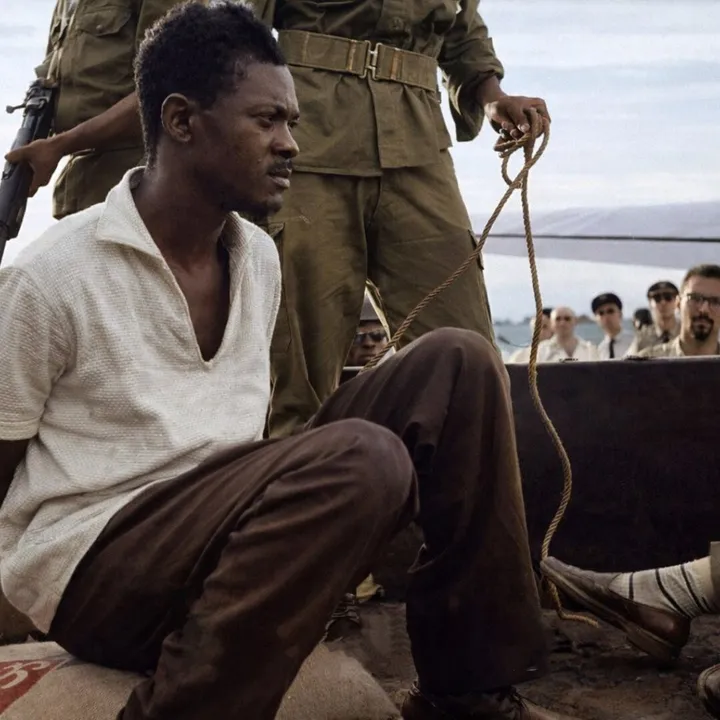At the ongoing Africa Climate Summit in the Kenyan capital Nairobi, one of the issues participants are discussing is how the continent can adapt to fast-changing climate.
Scientists already say climate change is causing more intense and frequent extreme weather events with Africa being one of the worst affected regions.
There are plenty of examples of the climate change impact on Africa in the past one year or so:
Horn of Africa Drought
Ethiopia, Kenya, and Somalia endured five consecutive failed rainy seasons from 2020 to 2022 in Horn of Africa's worst drought in decades.
The drought pushed parts of Somalia to the brink of famine and left more than 23 million people across the region facing severe hunger, according to the World Food Programme.
When the long-awaited rains finally arrived in March 2023 in Somalia, they were unusually intense, causing flash flooding that inundated homes and farmland, washed away livestock, and closed schools and health facilities. These are clear examples of extreme weather events.
Cyclone Freddy
One of the deadliest storms to hit Africa in the last two decades, Cyclone Freddy ripped through Malawi, Mozambique, and Madagascar in late February and then circled back in March.
Raging for more than a month, Freddy may have been the longest-lasting tropical cyclone ever recorded. Destruction and flooding caused by the cyclone killed over 1,000 people and forced hundreds of thousands from their homes.
West African floods
West and Central Africa experienced one of the worst flooding disasters on record in 2022. More than 1,500 people were killed and 3.2 million were displaced across 20 countries, the United Nations said.
Most of the deaths happened in Nigeria. The heavy rains and floods also destroyed crops across 1.6 million hectares (3.95 million acres) of farmland. Nigeria, Chad, and the Democratic Republic of Congo were among the countries hardest hit.
North Africa's wildfires
In July and August, soaring heat sparked huge wildfires across North Africa, forcing emergency crews to fight the blazes for weeks.
In Morocco’s Rmeilat forest, on the outskirts of Tangier, firefighters used Canadair CL-415 planes to attack infernos that killed at least 34 people and forced thousands to be evacuated, according to the country's interior ministry.
In Algeria, 97 wildfires were recorded across 16 provinces, affecting forests, crops, and farmland, with 8,000 firefighters working frantically to contain the blaze fanned by high winds.
Ten soldiers were killed battling the fires in Bejaia, the Algerian defence ministry said.
Twenty-six people were injured and 1,500 evacuated from their homes in Fenaia, Bejaia, Zbarbar, and Bouira, according to authorities.
Summer heatwave
Mali and Senegal experienced scorching temperatures of above 84°F (above 40°C), posing severe health risks.
In response, Mali set up cooling centres in the capital Bamako, and Senegal has ramped up investments in renewable energy sources.
Mauritania, Morocco, Libya and Algeria all faced unusually high temperatures reaching 83.88°F.
In January, a stifling heatwave (with temperatures hitting over 40 degrees Celsius) scorched parts of South Africa and killed eight people over several days, according to the government’s labour ministry.
The dead were mostly farm workers in the sparsely populated and largely semi-arid Northern Cape province, which borders Namibia and Botswana, according to the labour ministry.
But later in the year, unusual cold weather also struck South Africa.
Africa's position
The first Africa Climate Summit is expected re-echo the continent's position it continues to suffer the most from climate change impact while contributing to it the least.
Participants are also stressing the need for significant investments in Africa's adaptation to climate change, including better forecasting and access to clean energy. But is not known whether the summit will have an impact in changing the situation in reality.























